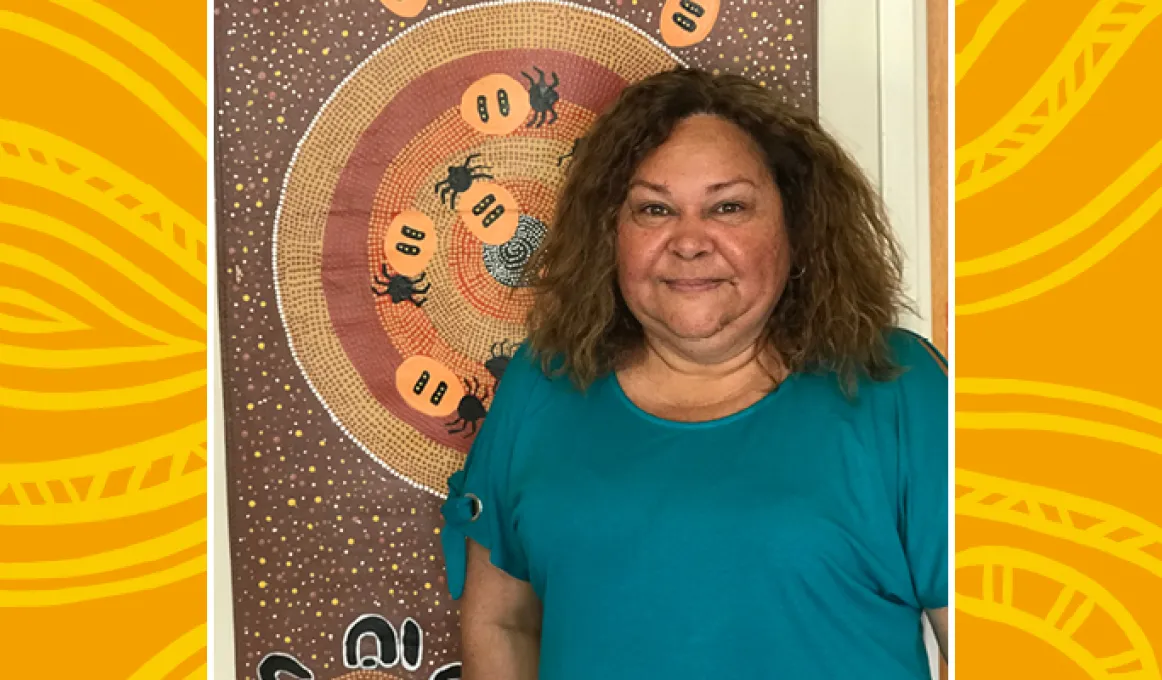Primary School Teacher Rosemaree Whitehead shares her favourite Indigenous based films

Primary School teacher, Rosemaree Whitehead shares and recommends her 3 favourite Indigenous based films with us, just in time for the school holidays.
In the lead up to the school holidays we talked to primary school teacher, Rosemaree Whitehead, a Gangalidda Woman from Doomadgee in the Gulf of Carpentaria, Queensland.
Rose shared her favourite Indigenous books with us, and now talks about her favourite Indigenous based films.
The Tracker - 2002
‘It’s a very sad movie but it’s the truth about Aboriginal people. I think it’s important that the truth about the history of this country is told from a balanced view,’ Rose said.
‘We have to listen to the non-Aboriginal, people bring from their side, learn about it and share it but it’s also equally important we learn about the Aboriginal side, even the ugly and sad parts. We all have to learn about it and share it because that is how we heal.’
‘The Aboriginal man in the movie played by David Gulpilil, his knowledge of the land portrays the knowledge for many Aboriginal men around that time, police used them to track their own families down for minimum crimes.’
‘Their skill of what food to eat, paths to take and how to find water helped them survive in the bush.’
‘Many explorers that came to Australia were recognised for finding these things in our country, but they never mentioned the Aboriginal people who helped them.’
Rabbit Proof Fence - 2002
‘This movie is telling the history of our country, showing the resilience and determination of the Aboriginal girls to make the 1500 mile journey home,’ Rose said.
‘The girls show that although they were fed and clothed, the only thing that mattered was family and getting home, showing their connection to land.’
Australia - 2008
‘My father was a cattle station manager and my mum was his wife and they managed many cattle stations and sheep stations,’ Rose said.
‘The movie is very similar to the stories mum told me. My mum wasn’t allowed to go and sit down on the river with the other Aboriginal people that worked on the station because she was considered to be non-indigenous, the same as my dad, even though they were both Aboriginal people. So mum would sneak out and give them food and talk with them. It was very hard living in two worlds. She didn’t want her people to think she has forgotten her cultural ways.’
Find out more
If you have a favourite Indigenous book or film, be sure to send it into Indigenous.gov.au@pmc.gov.au